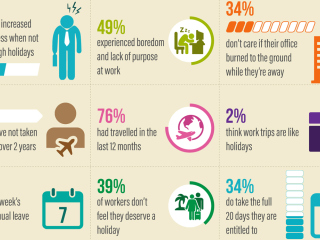Wildlife Tourism: Conservation Or Con?
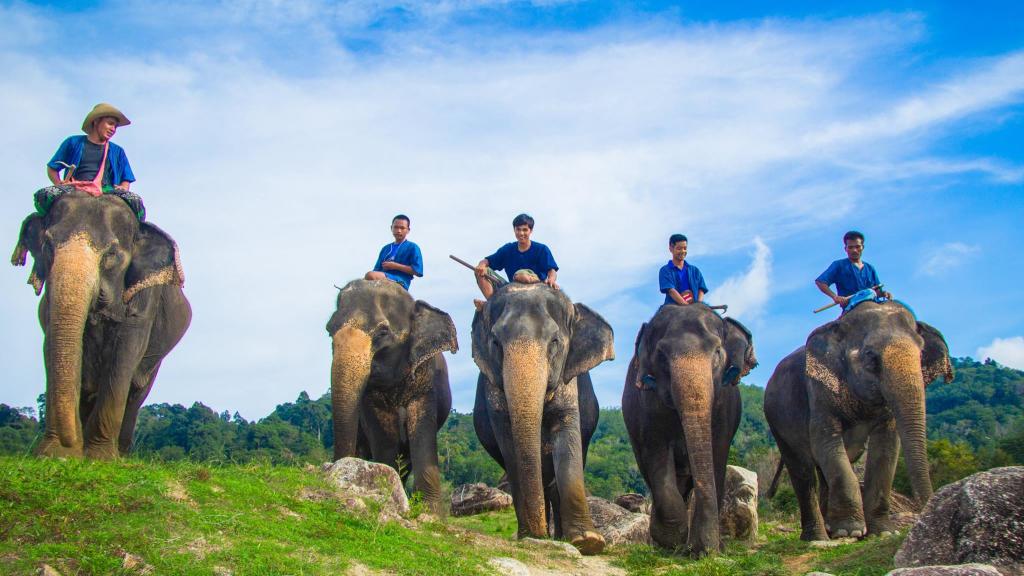
Seeing wild and exotic animals is often on the bucket list of many travellers, particularly if the destination is known for its unique wildlife. Getting up close to these animals can be such a memorable part of your holiday. However, some unethical operators prey on naïve tourists, conning them into paying for an ‘animal experience’ while hiding cruelty and abuse from view. Unfortunately, many tourists who love animals may actually be contributing to animal suffering simply because they’re not aware of how these animals are treated.
Whether it’s having your picture taken with a doped up tiger or volunteering at a ‘con conservation’ project, tourists can unknowingly contribute to animal suffering due to lack of awareness. A recent study by World Animal Protection discovered that 75% of all wildlife tourist attractions are having negative impacts on wild animals. This is a sad fact given that 2014 global polling by Taylor Nelson Sofres (TNS) found that 93% of tourists take part in wildlife tourism to have fun or because they love wild animals.
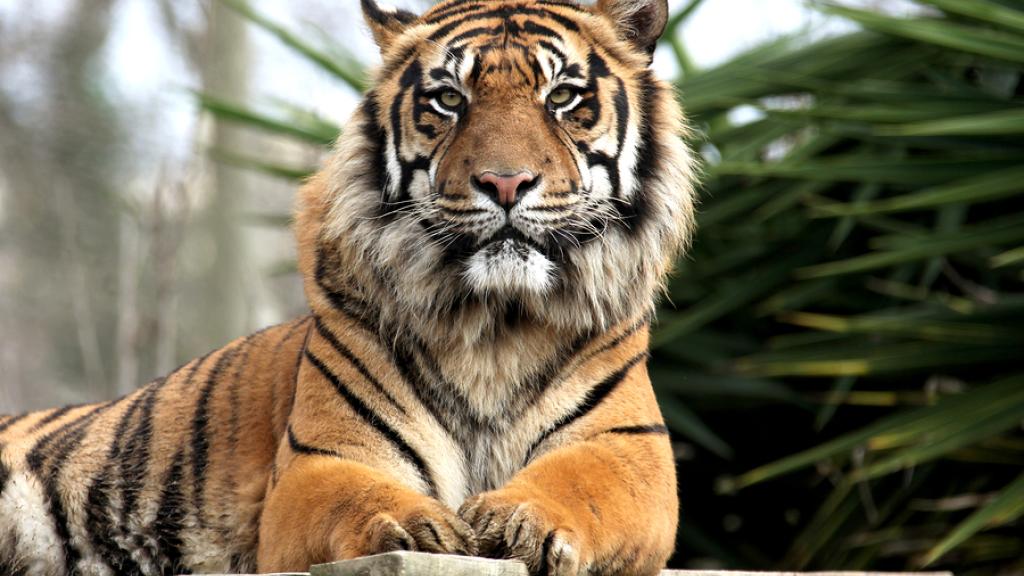
More and more travel agents and tour operators are committing to only offering animal attractions that are dedicated to the welfare of animals. TravelOnline.com cares about the welfare of animals used in tourist attractions and is committed to their wellbeing. TravelOnline supports animal conservation attractions, and by requesting a declaration from all wildlife tour operators they work to ensure the welfare of all animals involved.
Travellers are advised against booking wildlife attractions locally. Your taxi driver may try to convince you to book his uncle’s animal tour, but once you’re there it’s much harder to research the welfare of the animals involved. Pre-book all animal attractions with trusted agents or operators who have committed to animal welfare. You can help protect animals while on holiday by being alert and informed about the wellbeing of the animals you encounter.
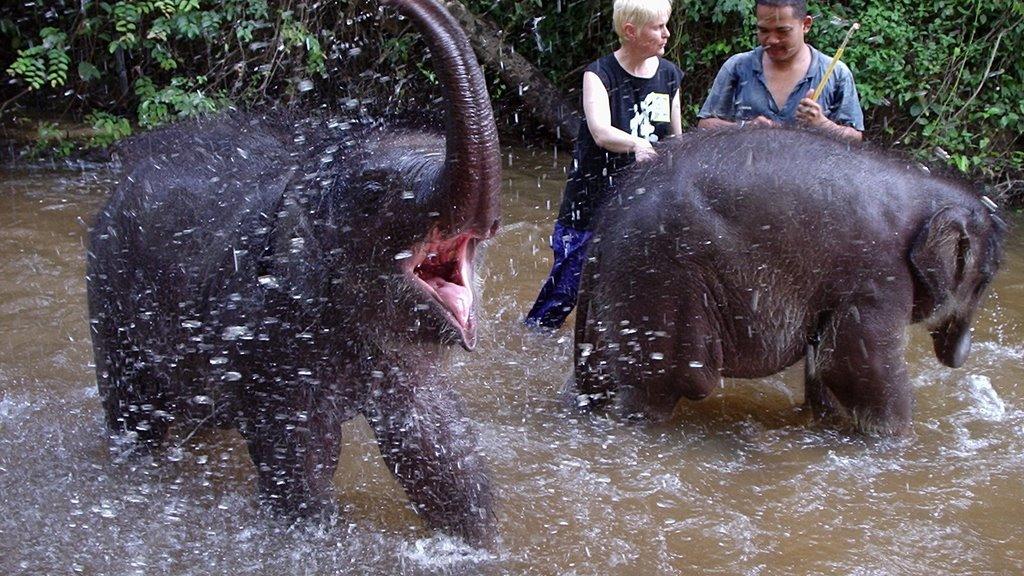
5 Things You Didn’t Know About Animal Attractions
1. Many animals are taken from the wild as babies and will ultimately be killed when they grow too large or difficult to handle. Animals are also subjected to procedures that make them ‘safer’ for tourists to interact with; including having teeth pulled out and claws cut off or removed. Many die from infection after these procedures.
2. Often the conditions these wild animals are kept in are inadequate, with animals kept in close confinement in small enclosures or cages that offer little to no protection from harsh weather. Animals used to entertain tourists have limited access to fresh water and food and are often not given enough rest. Elephants in particular are forced to work long hours and are prone to suffering heat stress, dehydration and exhaustion which can lead to psychological trauma.
3. Wild and naturally predatory animals are often drugged in order to keep them calm, docile and safe for tourists to interact with. Animals such as tigers, who are traditionally considered ‘dangerous’ in the wild, are medicated so that tourists can pat them and pose for photos. Consider how visitors are permitted to interact with the animals. Unnatural behaviours or listless temperaments are a good indication that something unethical might be going on behind the scenes.
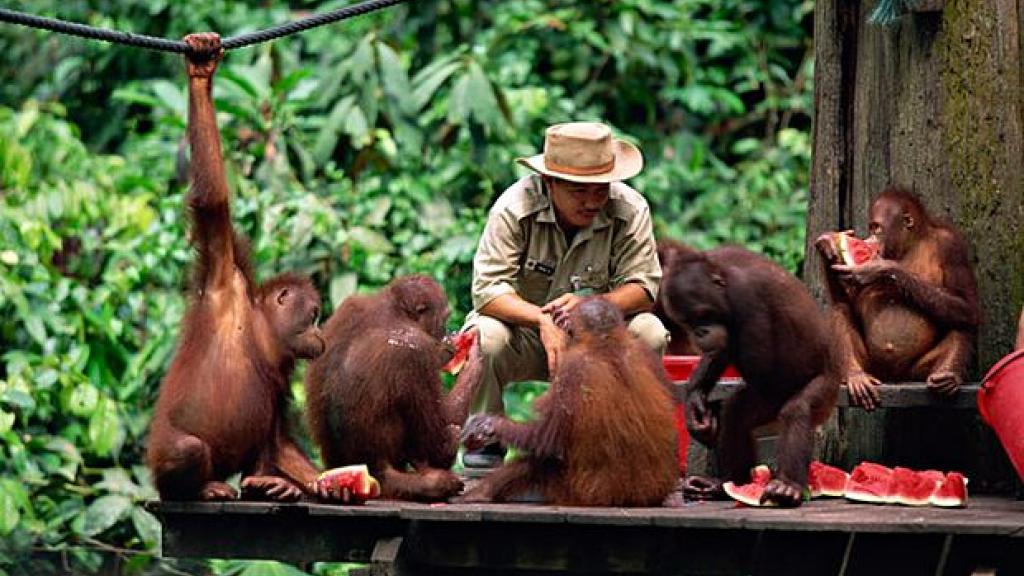
4. Ethical animal attractions encourage the natural behaviours and instincts of wild animals and present them in a way that is entertaining to visitors. If you see animals jumping through hoops and performing humanised behaviours you have to ask yourself how the animals were trained. While it might seem funny to see a monkey riding a bike, the awful truth is that these unnatural behaviours are usually achieved through cruel training methods and abuse.
5. Not all animal attractions are bad and in fact, ethical animal attractions help people to understand why animal conservation is so important. Don’t assume that just because it’s an animal attraction that it’s cruel. Whether rescued from injury or abuse, these animals are cared for as part of the family. Just like the family pet, passionate trainers who work with these animals daily develop a special bond with them. You may be able support invaluable conservation efforts with your visit to an ethical attraction.
According to World Animal Protection, 25% of all wildlife attractions actually have a positive impact on the welfare of animals. Many of these include sanctuaries which have rescued animals from abusive conditions. At least 13,000 wild animals including orangutans, bears, lions and elephants are cared for in this way. When animal attractions are done well, they can actually help to protect wild animals and by spending your tourist dollars wisely, you can contribute to the welfare of these animals.
The more travellers, agents and tour operators can be aware of the way animals are treated, the more we can protect them from suffering and support their conservation. When travelling, you should always show respect for the local people, culture, environment and wildlife in every country you visit. Empower yourself with the knowledge to make the right choices and you’re well on your way to avoiding a tourist trap and helping to protect animals on your next holiday.
Posts by Category
Popular Posts

5 Simple Steps To Beat Jet Lag

Peak Season, School Holidays or the Off-Season When is the Best Time to Travel?
